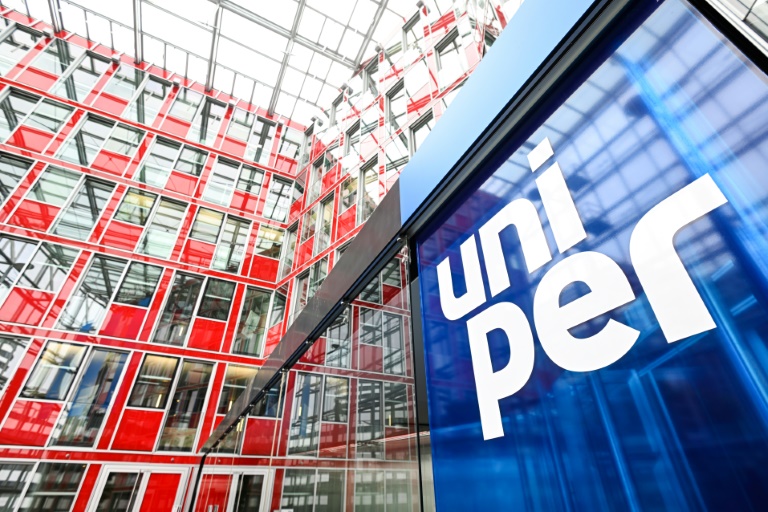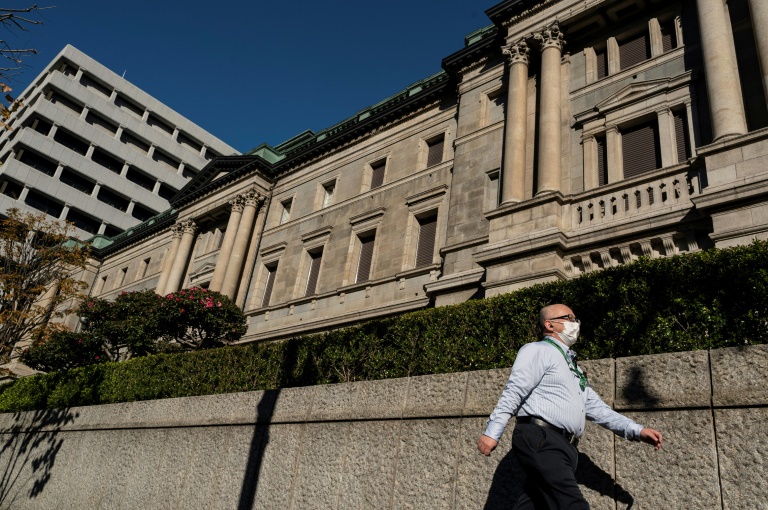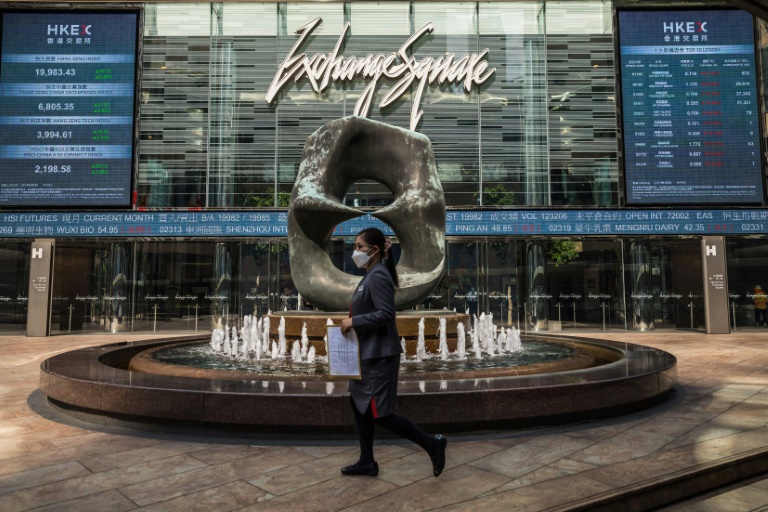Lots of red: Uniper has reported a 40-billion-euro net loss for the first nine months of the year, one of the biggest losses in German corporate history
Shareholders of troubled German gas giant Uniper on Monday approved the company’s nationalisation after it was pushed to the brink of collapse following Russia’s invasion of Ukraine.
After Moscow sent its forces into Ukraine in February, crucial Russian gas supplies to Germany were drastically slashed in suspected retaliation for Western sanctions.
Starved of Russian deliveries, Uniper was left facing bankruptcy, prompting the German government to announce it would nationalise the firm over fears its failure could send shockwaves through Europe’s top economy.
Shareholders backed the deal “by a large majority” in a vote at an extraordinary general meeting, Uniper said in a statement.
The vote was seen as a formality after the majority shareholder, Finnish state-owned energy company Fortum, agreed to the measures in September.
The European Commission still needs to agree to the nationalisation under state aid laws. Uniper, Germany’s biggest gas importer, said this approval is expected “in the near future”.
Ahead of the vote, company CEO Klaus-Dieter Maubach said that “by stabilising the company, the federal government recognises the central role that Uniper plays for the security of supply in Germany and Europe”.
Earlier Monday, the German government and Uniper concluded a framework agreement related to the rescue package.
Berlin had initially agreed to an eight-billion-euro ($8.5 billion) cash injection for Uniper, but the debt-laden company said last month the government would need to spend an additional 25 billion euros.
Uniper has reported a 40-billion-euro net loss for the first nine months of the year, one of the biggest losses in German corporate history.
The government will finance the rescue out of a 200-billion-euro fund designed to cushion the impact of the energy crisis on households and businesses.
With Russian supplies slashed, Uniper has been forced to pay high prices on the open market.
And while costs have come down since the summer, they remain elevated.
“We are still in a situation where we have to buy gas on the (spot) markets, where the prices have reached a level that is — in general — higher than the purchase price of our customers,” Holger Kreetz, Uniper’s chief operating officer for asset management, told AFP.
“We are still in a tight situation,” he said, adding this would remain the case until existing long-term contracts expire.
Uniper is seeking damages at an international tribunal from Gazprom over what it claims is the Russian energy giant’s failure to deliver contractually agreed gas supplies.
Gazprom has said it does not recognise the legitimacy of the claims.











